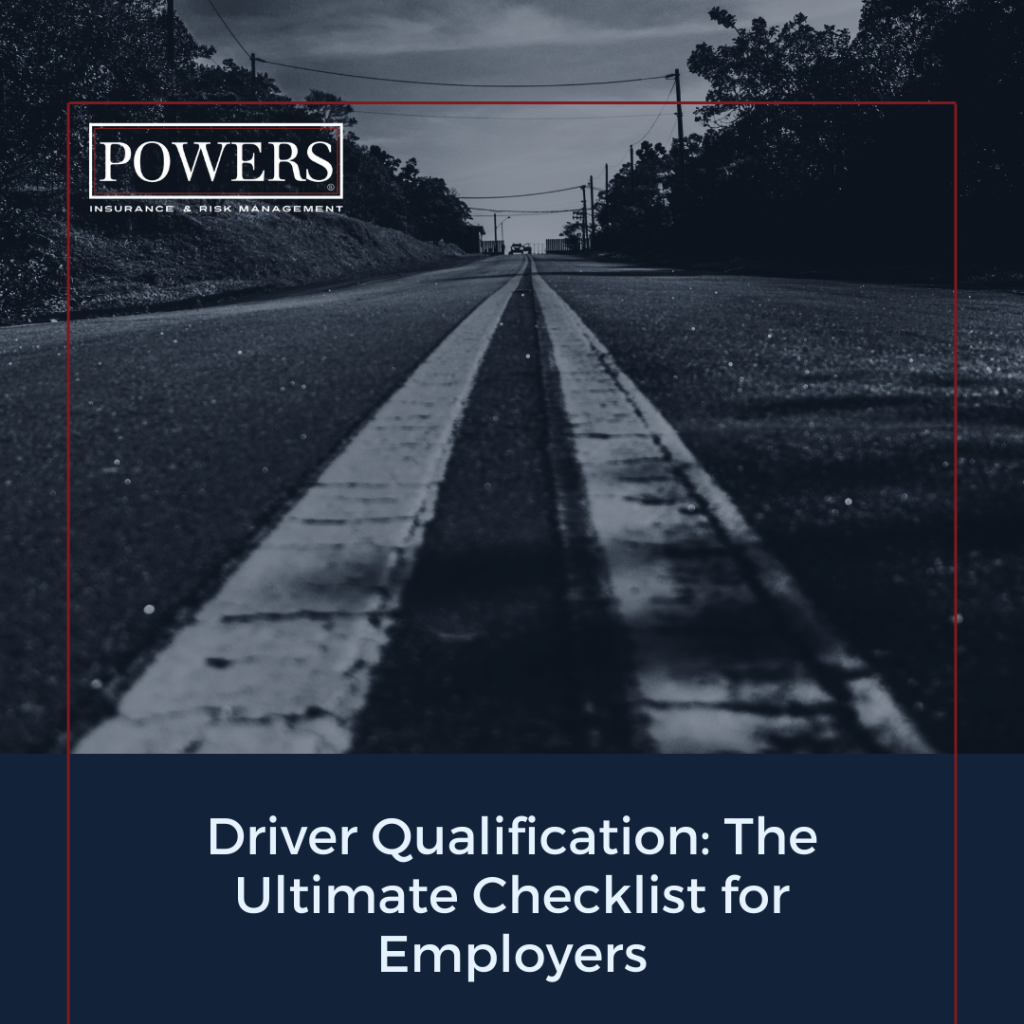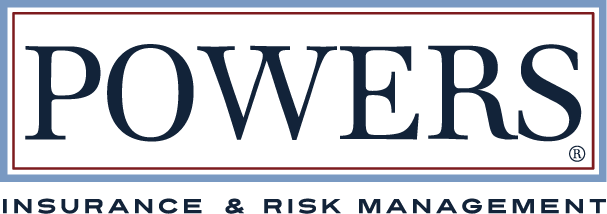Motor vehicle accidents continue to be a leading cause of injury and death in the US. Is your business at risk every time an employee gets behind the wheel? A driver qualification checklist can protect your company, your team, and your bottom line.
Here’s everything you need to know.

Definition of driver qualification
Driver qualification – also called driver eligibility – is a process that helps businesses make sure they hire employees with appropriate driving records. It starts with ensuring the employee is legally allowed to drive. Then, it digs into their driving history to evaluate whether they pose an incident risk to the company.
Keeping a driver qualification file goes beyond companies with fleets and traditional “commercial” drivers. Any business with employees driving on company business can benefit from having a checklist in place. This includes a wide range of employee types, like:
- Delivery drivers for retail, food service, cannabis, and more
- Sales representatives
- Construction crews and site supervisors
- Field technicians and service personnel
- Regional managers who travel
- Catering and event staff
- Quality control inspectors
A driver qualification policy protects your business, keeps your employees safe, and reduces your legal liability.
The importance of collecting driver qualification info
Why use a driver qualification checklist? A little effort up-front can do a lot to protect your business down the road.
Legally speaking, you have a responsibility to know who is driving on behalf of your business. Imagine: Your employee causes an accident. During legal proceedings, you learn they had a history of DUIs. But you didn’t know that, because your company doesn’t have any process in place to monitor employee drivers. As an employer, you become less defensible since you didn’t make an effort to qualify your employee drivers.
Of course, legal issues – as well as insurance claims – can become very costly. One car accident can put a serious dent in your bottom line.
Finally, it isn’t all about dollars and cents. Making sure your company hires safe drivers means you’re doing your part to make the roads safer for everyone.
Checklist: 6 qualification requirements for new hires
Ready to implement your driver qualification program? Our essential checklist outlines six key areas to assess when evaluating new hires and potential drivers for your business.
1. Valid license
Verifying an employee’s driver’s license might seem obvious, but many employers are not consistently doing this basic step. It’s as simple as asking for their physical license and checking its expiration date.
Remember, some types of commercial motor vehicles may require specific license classes, such as:
- Class A: Combination vehicles
- Class B: Heavy straight vehicles
- Class C: Small vehicles transporting 16+ passengers or hazardous materials
2. Proof of personal auto insurance
If employees are driving their own vehicle for business purposes, they need a personal auto policy with standard limits. If they don’t have this policy, 100% of the liability for an accident falls on the employer.
Standard limits typically include:
- Bodily injury liability: $100,000 per person / $300,000 per accident
- Property damage liability: $100,000
Your risk advisor can recommend which limits to require of your employees.
3. No major violations within last 5 years
A major violation in an employee’s recent driving history is a big red flag. These serious offenses might include:
- Driving under the influence (DUI)
- Reckless driving
- Hit and run incidents
- Driving with a suspended or revoked license
- Excessive speeding
- Fleeing from law enforcement
Most businesses would consider any of these violations in the past five years an immediate disqualifier for a new hire.
4. Two or fewer minor violations within last 3-5 years
Minor violations are less severe, but can still be a sign of risky driving behavior. These include:
- Standard speeding
- Failure to yield
- Improper lane changes
- Following too closely
- Running a stop sign or red light
Many companies consider one or two recent minor violations an acceptable level of risk. However, you can require one or even zero for a more conservative approach.
5. Physical qualifications
Most standard driver’s licenses must be renewed every six years. A lot can change in that amount of time. Even if a new hire has a valid driver’s license, you might choose to verify their physical ability to safely drive for your company.
At minimum, this includes conducting a vision test. Your state’s Department of Transportation may also require a more comprehensive medical exam for commercial drivers. This is conducted by an independent medical examiner. It usually assesses overall health, including factors like blood pressure, hearing, and any conditions that could impair driving ability.
6. Driving experience
Newer drivers pose more risk. You can require a certain amount of driving experience for certain types of vehicles or roles. For standard passenger vehicles, 2-3 years of experience is often required. For commercial vehicles, some companies require 5 years or more of driving with previous employers.
Best practices for implementing your driver qualification checklist
Your driver qualification process will only work to reduce risk if you consistently apply it. Follow these best practices to integrate your checklist into the hiring and employee management process.
- Make getting driving records part of the hiring process. This ensures you have all the information you need before making hiring decisions.
- Clearly state that an acceptable motor vehicle record is a requirement for the position. Include this in job postings and the application for employment to set clear expectations from the start.
- Get employee authorization to review motor vehicle records. You should have permission to access and monitor their driving history.
- Implement a driver recruitment monitoring program. Regularly review employees’ qualifications to maintain compliance.
- Keep your driver list updated with your insurance carrier. Some carriers require every driver to be listed on your commercial auto policy. If a driver isn’t listed, they might deny a claim.
| Prop tip: Don’t feel like calling your insurance company every time you hire a new driver? Your agent can help with keeping your driver list up-to-date. Here’s how we support our clients in this process at POWERS:Let us know when you’re considering hiring a new driverWe’ll run a driving record checkIf the record is clean, we’ll add them to your policy with the carrierIf an incident is in their history, we’ll discuss next steps with you |
- Remove employees from the driver list when they leave. This helps maintain an accurate record and ensures you’re not held liable for former employees.
The future of driver qualification: Tools and technology
There are a variety of tools available for managing driver qualification and monitoring. A few key technologies impacting this area are:
- Telematics. These systems provide real-time data on driving behavior. They can monitor speed, braking, route efficiency, and more. Telematics improves employee safety and can also make you eligible for data-driven insurance pricing.
- Fleet management software. Look for a platform that helps automate driver qualification. This can streamline record checks, track license expirations, and flag potential issues – without the administrative burden.
- Online databases. Many services let you check driving records within minutes. This makes hiring quicker and enables companies to check current employees’ records more frequently. Many companies conduct annual reviews of driving records.
These tools can make the driver qualification process more efficient and accurate.
Reduce risk and protect your business with driver qualification
Driver qualification protects your business, your employees, and the public. The key is creating a qualification checklist that’s comprehensive enough to be helpful, but simple enough to be practical.
Your requirements for company drivers depend on your industry, nature of business, and risk appetite. Our expert risk advisors can help you develop a driver qualification checklist that meets your needs. Schedule a free consultation today.
